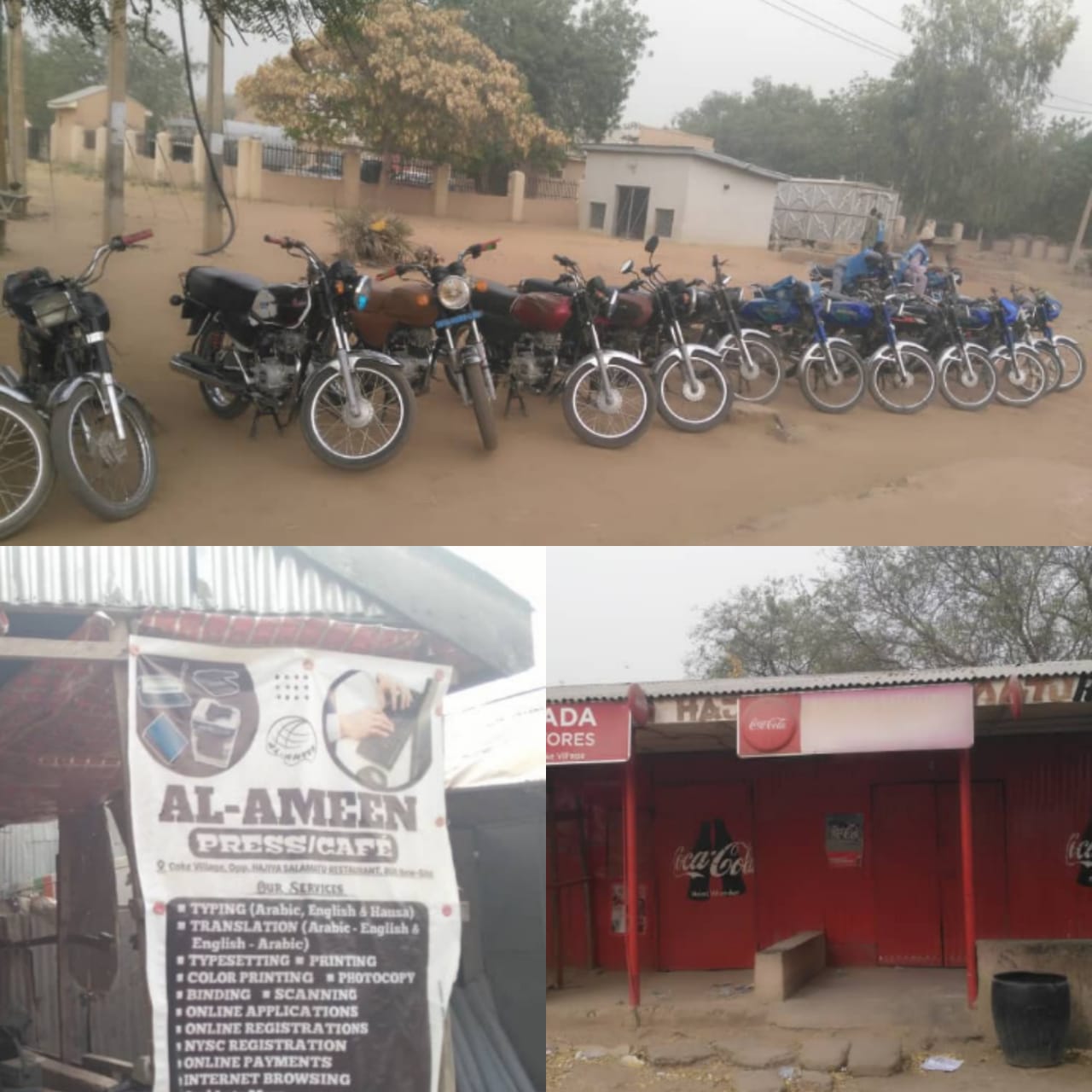How ASUU strike cripple businesses in BUK and Yusuf Maitama Sule varsities (II)
By Aminu Adamu Naganye In this second part of the special report, The Daily Reality reporter narrated how other business activities continue to suffer due to the strike in Nigeria’s…
